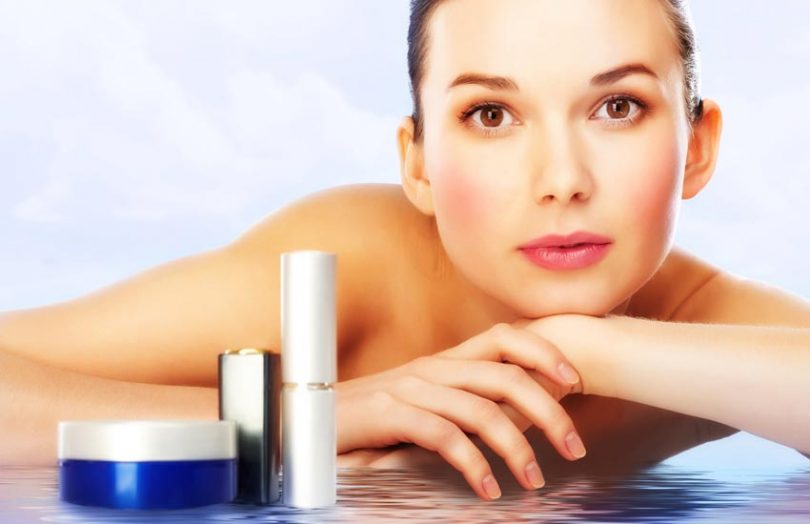UK-based e-commerce site Cult Beauty is working with blockchain firm Provenance to back up claims made by beauty products using blockchain. The Provenance platform is currently in production for select Cult Beauty brands and gathers information about their origin, ingredients, process and claims about the products.
The brands’ product information is stored on the blockchain enabling consumers to verify the data.
Cult Beauty is a little different from the mainstream beauty etailers. The brands it sells have to be classified as “Cult”. Many of them are more niche types of brands which makes proving their claims just as important. That’s not to say the products aren’t high profile. For example, Charlotte Tilbury started a beauty brand as a result of a hugely successful career as a fashion make up artist.
One of the advantages of a retailer driving the provenance claims is there is a useable and uniform presentation of the information to customers.
“We are always looking for ways to empower our customers by providing the information they need, without them feeling overwhelmed with facts and stats that make decision-making more bewildering,” said Alexia Inge, Co-founder of Cult Beauty. “Provenance provides next-generation proof point-transparency, allowing consumers to do their due diligence around brand claims. “
Provenance has developed a blockchain solution it refers to as ‘Proof Points’ which is integrated into the Cult Beauty shop. These relate to the information regarding the product, for example, a brand claiming it does not test its products on animals.
The Proof Points have two stages — stated and verified. Each claim is backed up with evidence provided by the brand, but the verified ones are those confirmed by independent third-party organizations such as NGOs or laboratories.
At present, Sana Jardin is using Provenance to prove it is supporting local communities. Lumity is sharing its clinical tests data, and De Mamiel is using blockchain to show that its sunscreen is safe for coral reefs.
Blockchain for cosmetics and beauty products is relatively unexplored. Earlier this year, pharmaceutical firm Seqens launched a blockchain platform to track its organic-certified cosmetic actives, reported Premium Beauty News.
Started in 2013, Provenance is helping brands bring their products on the blockchain. The platform has worked with Unilever, Bridgehead Coffee, MWoven and Fuchsia, among many others.
Provenance, the UK startup which owns trademarks over the name, should not be confused with two other blockchain solutions using the same term. One is the digital asset focused lending platform founded by Figure Technologies, which has raised in excess of $120 million in funding. The latter owns some trademarks relating to digital assets.
Mastercard launched a blockchain traceability platform called the “Provenance Solution”, which is being used for both luxury goods and food.







